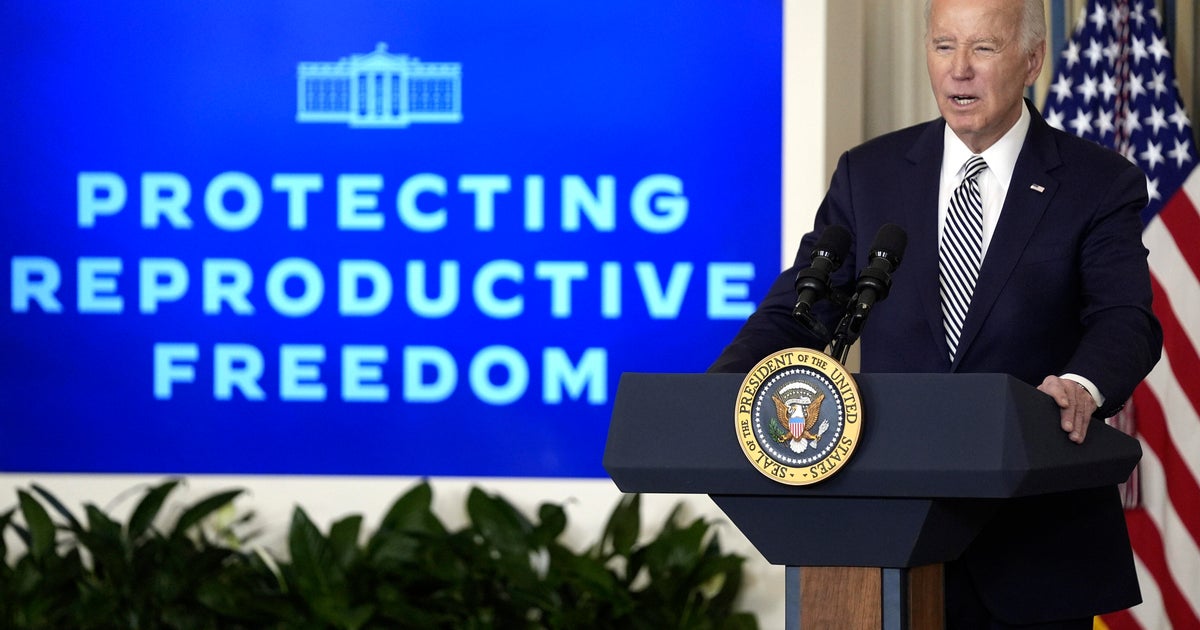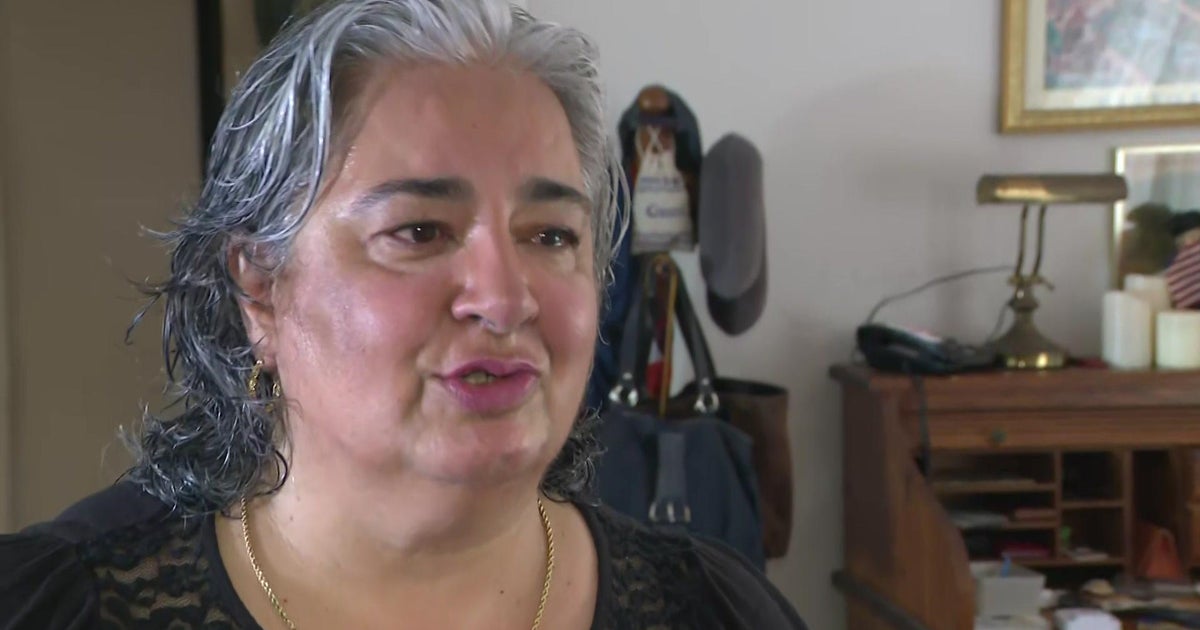Rubio Grills Administration Over Military Action In Syria
WASHINGTON (CBSMiami) – Senator Marco Rubio expressed skepticism about President Barack Obama's request for authorization to use military force in Syria during a Senate Foreign Relations Committee hearing Tuesday afternoon.
Senator Rubio bounced between expressing an interventionist foreign policy, similar to the Bush-Cheney foreign policy, and at other times said he was deeply skeptical of the goals of President Barack Obama if military force was granted.
Rubio said the main question he was getting from constituents was why should they care about what is happening in Syria. Rubio said in a statement before he asked questions of Secretary of State John Kerry and General Martin Dempsey that he believes Syria is important to the U.S. national security.
Rubio said one of his big fears was that the growing instability in Syria could lead the country to become what Afghanistan became in the 1980's and 1990's, basically a lawless land that extremist could use as their training grounds.
When Rubio finished his statement, he asked General Dempsey directly if the U.S. can structure an attack that can make Syrian President Bashar al-Assad prefer having to risk dealing with the rebels in his own country rather than using chemical weapons and have the United States get involved.
"I certainly want to degrade his capabilities," General Dempsey told Rubio. "I want to come out stronger than when we went into this."
Rubio continued asking Dempsey how confident the U.S. was in a limited military action's ability to stop future chemical attacks. Dempsey said the military was confident and said the military has targets and secondary targets to try to cripple the regime.
Senator Rubio finished off his questioning by asking Secretary Kerry what would happen for our long-term prospects in the region is Assad faced several days of strikes and could then come out and say he took on the U.S. and essentially took their best shot and survived.
Kerry was direct in his answer saying that Assad will weather the limited military action and that the purpose is not regime change, but rather to degrade Assad's ability to utilize chemical and other weapons of mass destruction.
"He will be able to stand up and claim this is something positive for him," Kerry said of Assad dealing with an attack. "I think General Dempsey has made it clear, and we believe deeply that there is no way that it will be beneficial for him; that it will not translate on the ground. I want to emphasize something because I don't want anyone misinterpreting – this authorization does not contemplate and should not contemplate boots on the ground."
Kerry and Dempsey faced multiple hours of grilling by skeptical senators from both parties. The skepticism compounds the problems facing the administration when it comes to Syria.
Not only does the White House have to worry about dealing with Congress, but it's also facing a public that is not exactly behind the administration's effort to act in Syria.
A new Pew poll found that just 29 percent of Americans favor U.S. strikes on Syria versus 48 percent who oppose military action. The divide is especially prevalent amongst independent voters who do not favor military action by a large margin.
In addition, there's the factor of who will support the United States if military force was approved. The United Kingdom's parliament voted against military action and the Arab League has said it is opposed to military intervention by the United States.
There's also the role of Israel in the region and what a destabilized Syria could mean for the Jewish state. The lobbying group AIPAC (American Israel Public Affairs Committee) has asked Congress to approve military force in Syria.
Still, there is deep division amongst members of both parties and the lines are not clear. Speaker of the House John Boehner and House Majority Leader Eric Cantor, both Republicans, came out in support of granting the president the ability to use military force.
But, others like Senator Rand Paul and Ted Cruz favor a more isolationist policy and don't want to get involved in the Syrian civil war. And there are others who simply oppose the president simply because he's President Barack Obama.
There are no easy answers in the region and no matter which path the White House eventually chooses to take, the results may not be what anyone on either side is expecting.



